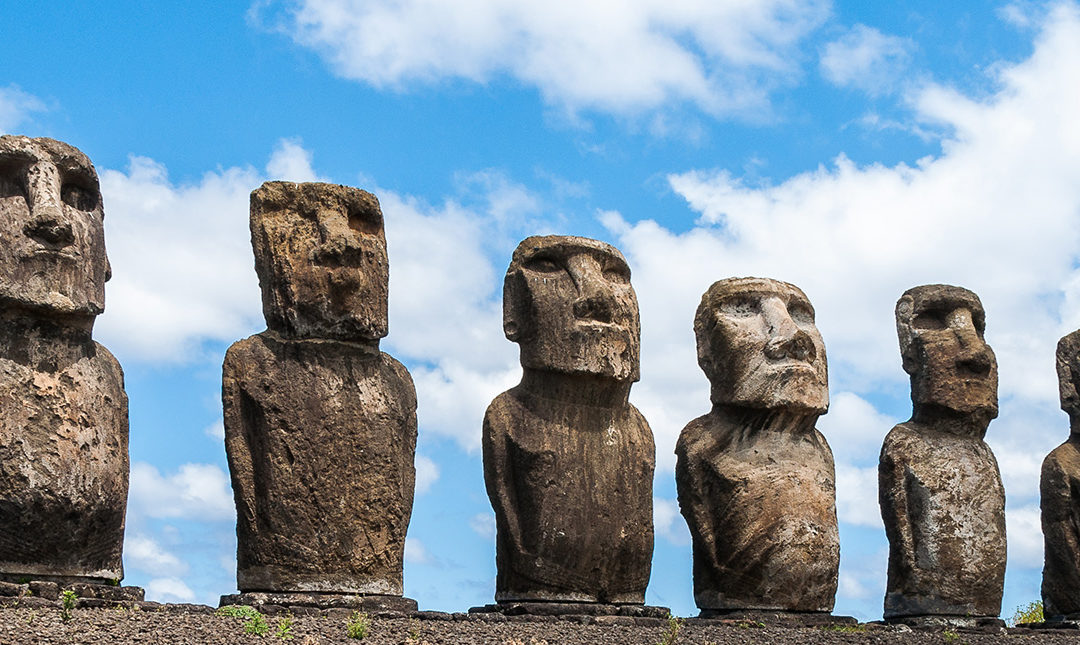As a multi-trillion-dollars business, travel, and tourism is a vitally important part of the economy. Pre-COVID, the travel and tourism industry was responsible for over 330 million jobs and contributed over 10 percent to the global gross domestic product. But all those ocean cruises, diving expeditions, road trips, safaris, and jungle treks have taken their toll on fragile ecosystems, cultural landmarks, and indigenous populations. By now, we have all seen the pictures. Historic sites overrun by hordes of tourists arriving in charter buses belching diesel fumes, massive cruise ships disgorging thousands of passengers onto the shores of quaint seaside villages, and once-pristine beaches littered with plastic bottles and other evidence of tourists looking for a day of sun, sand, and adventure. Such are the economic, ecological, and ultimately, human costs of tourism in the twenty-first century. In recent years, however, there has been a growing recognition of the problems caused by mass travel and an increased interest in engaging in more responsible travel. Known as ecotourism (or sustainable travel), it is the segment of the tourism industry focused on creating travel opportunities that protect natural resources and benefit local populations.
Ecotourism is a growing and essential segment of the travel and tourism industry. If you are looking for a career that combines all the excitement of working in the travel industry with the ideals of conservation and sustainability, ecotourism is a great choice.
To learn more about ecotourism and to access Ocean Connect’s wide range of educational and career resources, please visit our Ecotourism snapshot.

